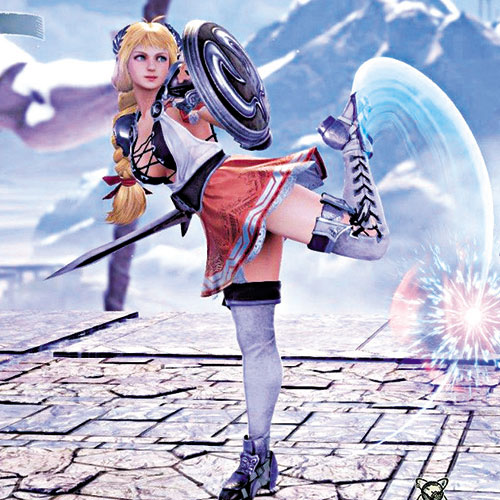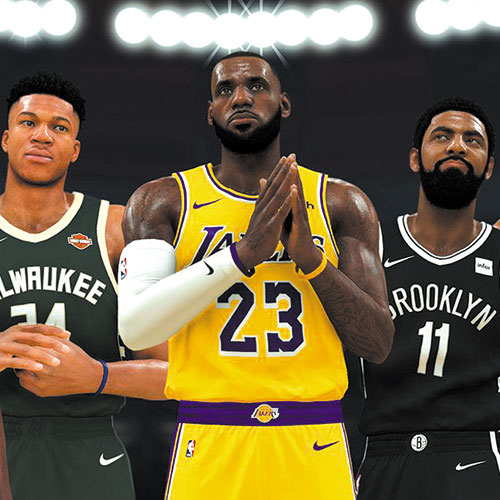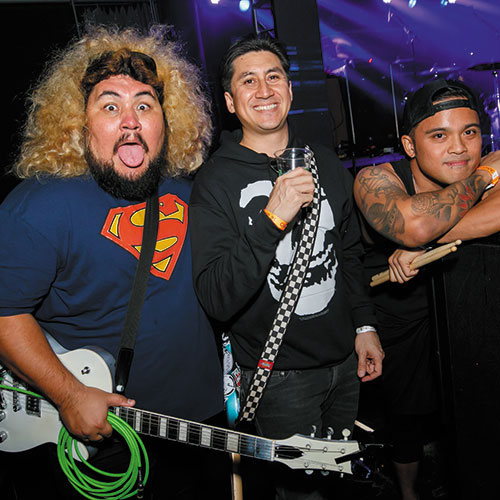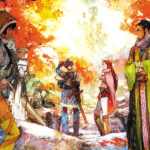Paige FTW: Who’s The Real Fight Club Champ?

We all have our favorite fighting games.
Me, I’ve always been a Super Smash Bros. kind of person, though my more traditional faves remain Tekken and Soulcalibur. My boyfriend swears by Mortal Kombat.
Trying to debate which fighting series is the best seems like a futile effort. My boyfriend, for example, a person who actually takes the time to study combos and juggling, stubbornly refuses to see the depth of Smash, whereas I, lacking the patience and skill to ever do a 10-hit juggle in any title, ever, get bored with most fighting games once I leisurely clear story modes and exhaust my local multiplayer options.
Fighting games, after all, are not role-playing games. There isn’t so much a network of parts working together in unison so much as one very dominant part that gets dressed up now and then. An RPG with a garbage story can be saved by meticulous combat, and vice versa. The same cannot be said for a fighting title.
So the question becomes: by what standard does one discuss a fighting game? Is it worth deriding a fighting game for a lackluster plot when, arguably, nobody (besides me) seems to be here for it?
I ask these questions this week because — and we’re getting a little meta here — I finally got around to playing Soulcalibur VI and found myself unsure of what to say. Is it right that I deride a game that has a meticulous battle system simply because I was annoyed that its character creation was a step back from the past and that it threw away most of the series’ recent (albeit flawed) plot development? Why do I even care about the plot in this weird zany franchise? Maybe I should just grumble that they changed Talim’s moves to be way too jumpy and floaty?
Where do we find the balance? How do we properly judge a game?











